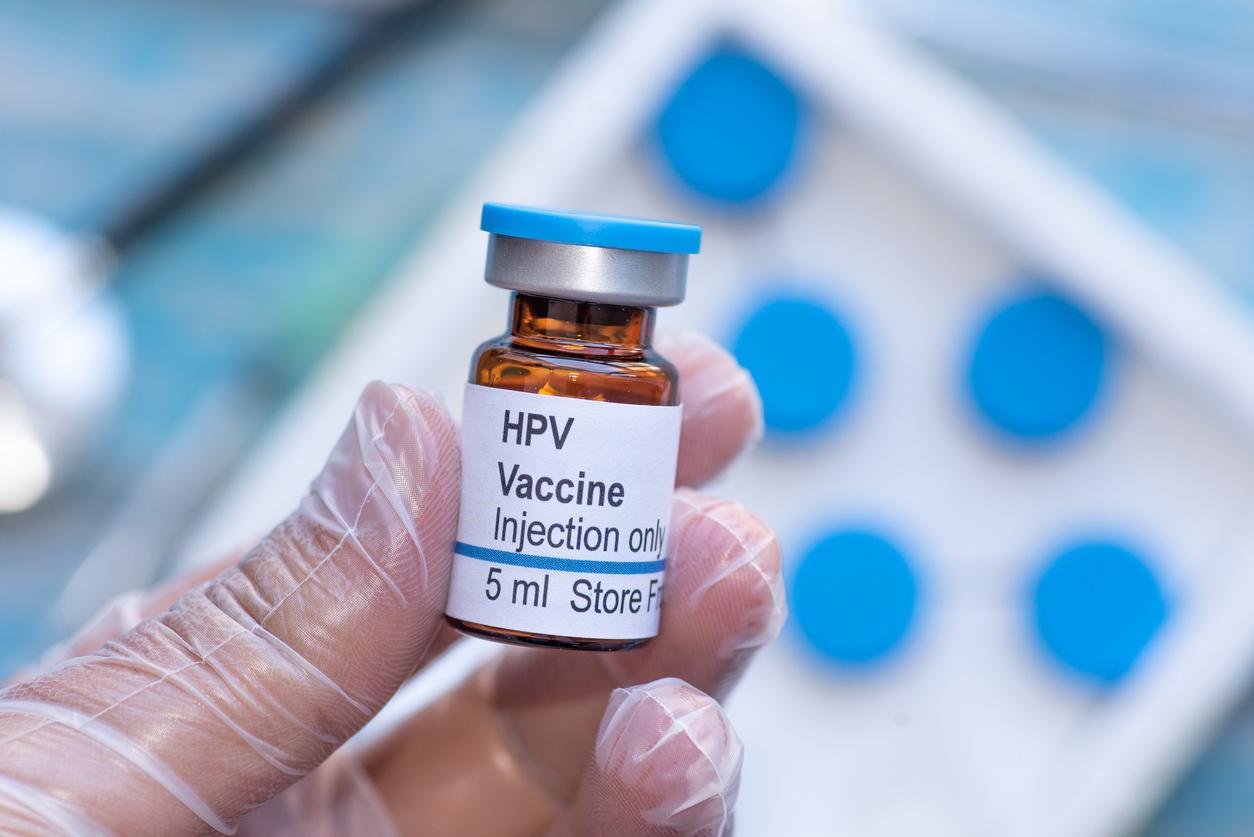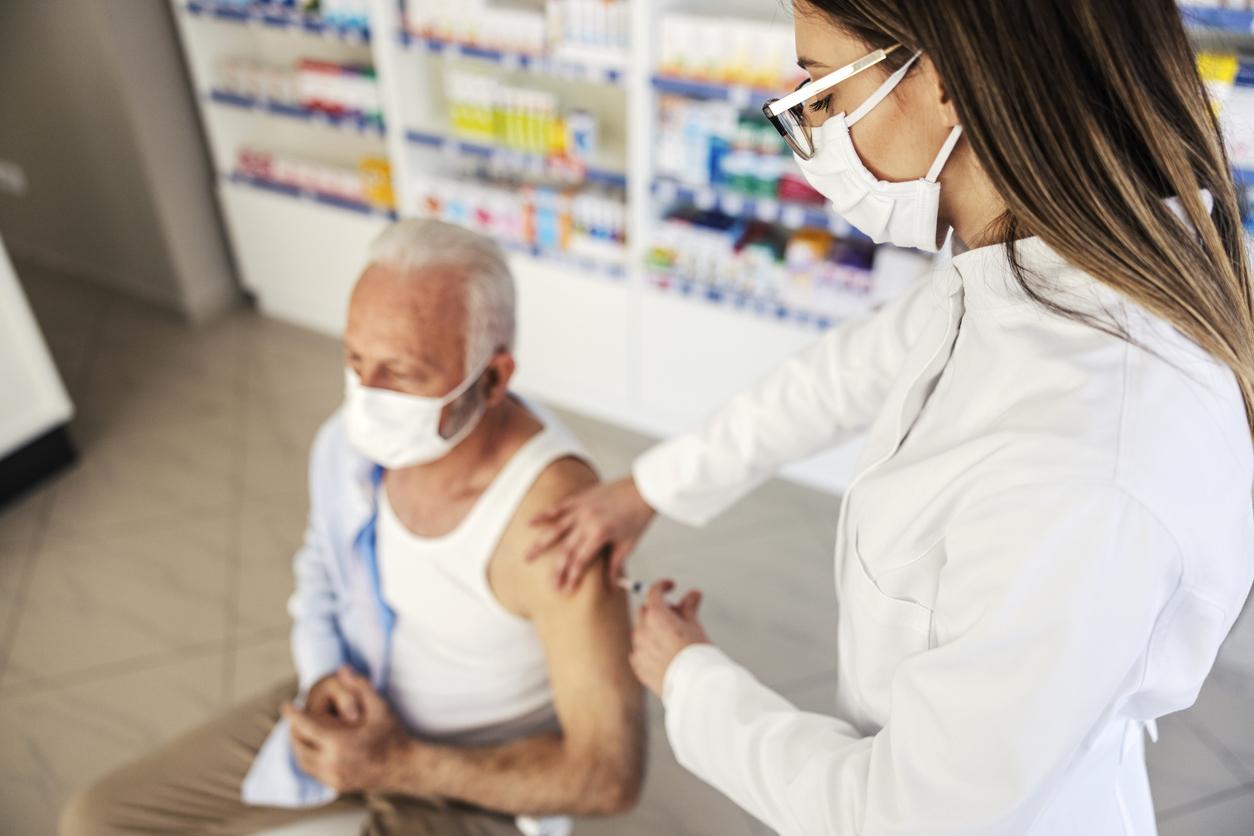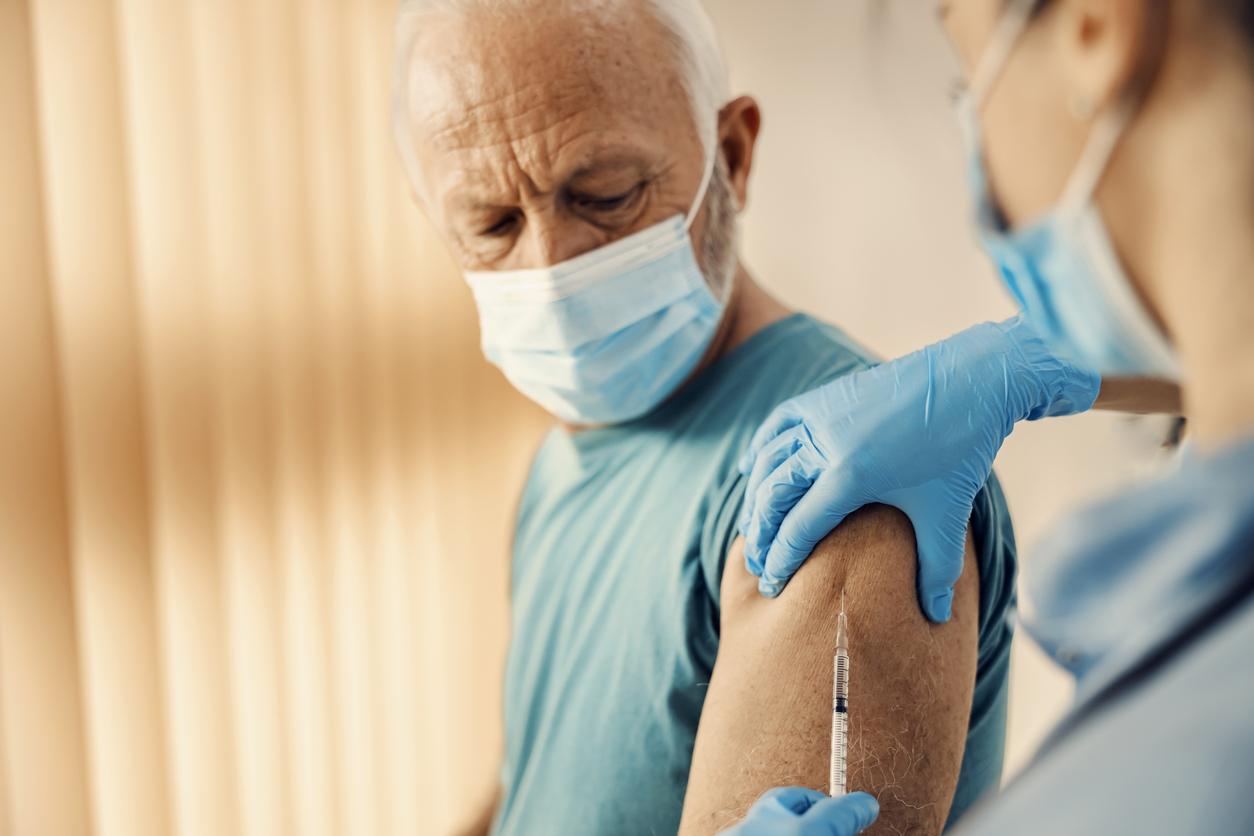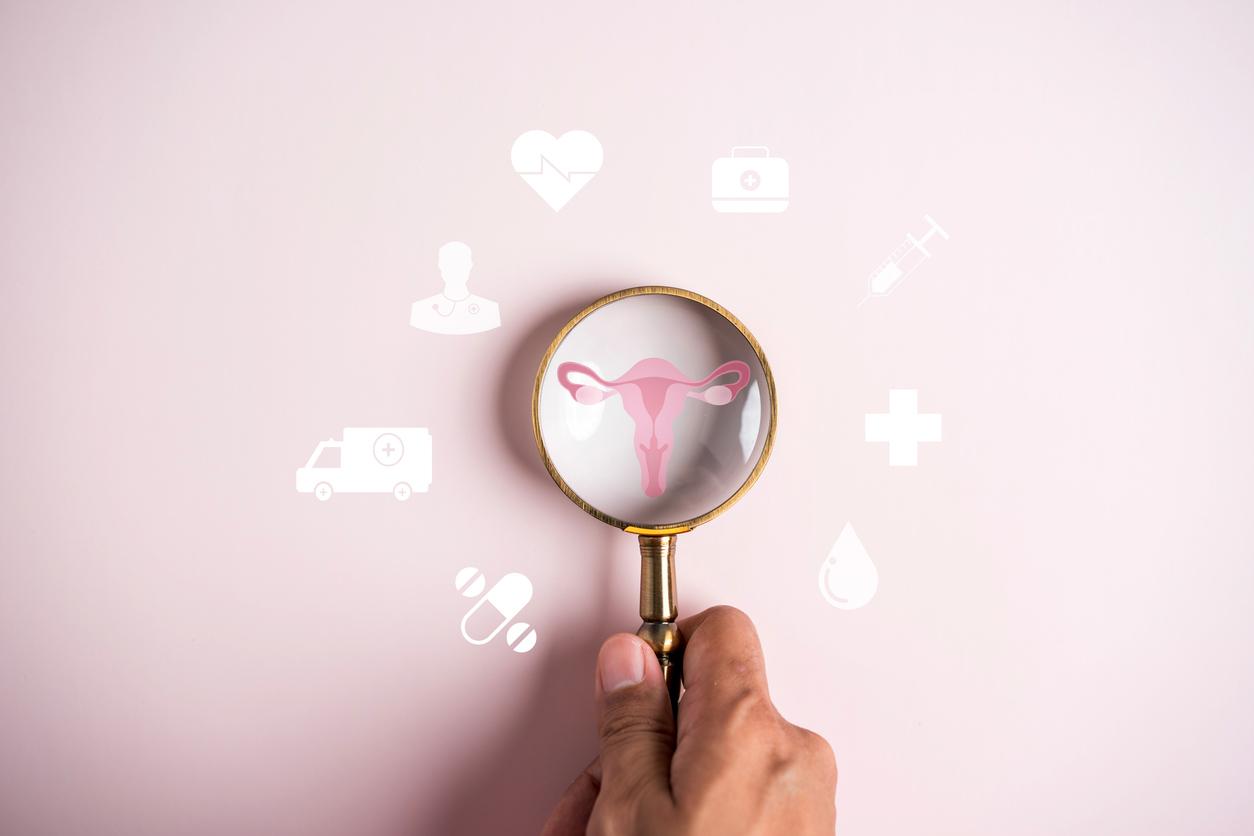No new harmful effects of the papillomavirus vaccine were spotted by health authorities during the vaccination campaign in colleges during the start of the 2023 school year.
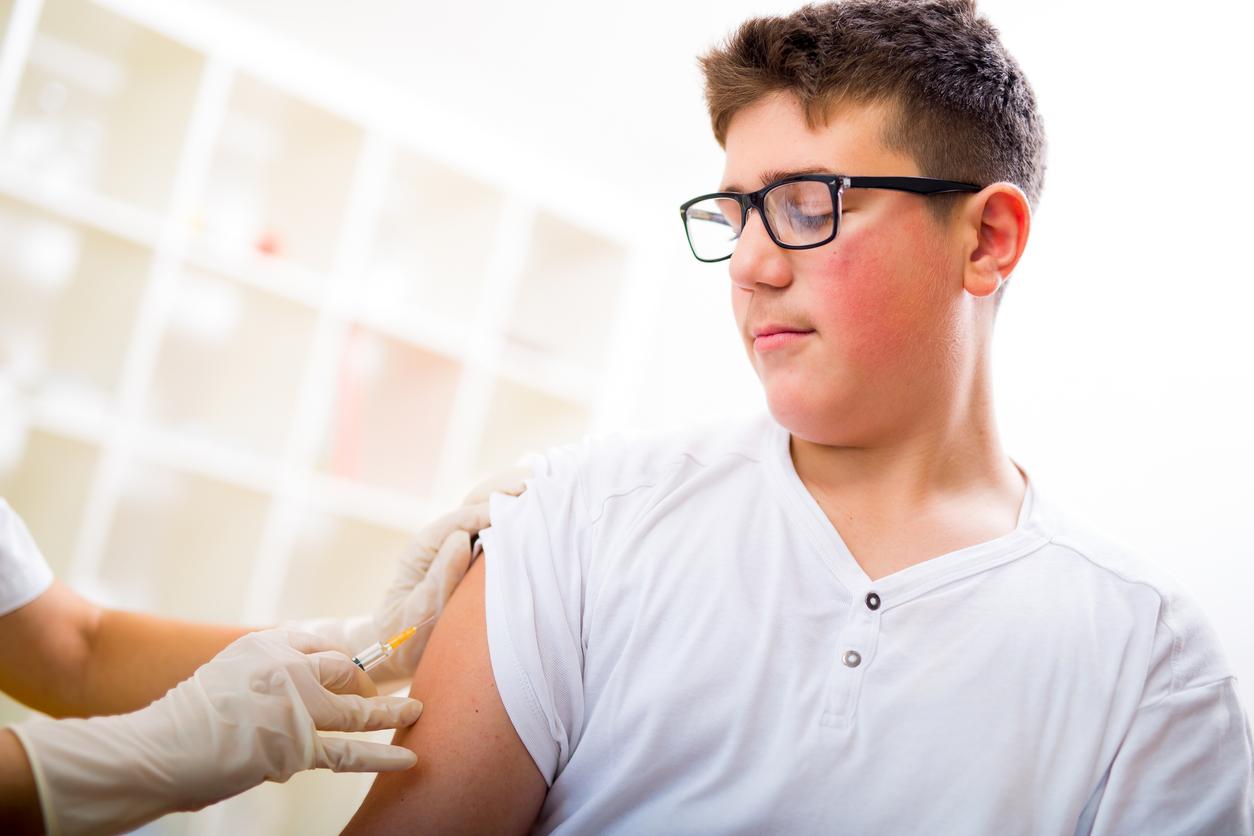
- Since October 2023, 46 cases of adverse effects have been reported following vaccination against HPV cancers as part of the college vaccination campaign.
- The majority of reported cases are known and non-serious post-vaccination effects.
- Additionally, no new safety signals have been identified.
Since the start of the 2023-2024 school year, fifth grade students can be vaccinated, with their parents’ consent, against human papillomavirus infections in their middle school. The National Medicines Safety Agency (ANSM) monitored the administration of the Gardasil 9 vaccine used for this vaccination campaign. Its report on data collected after the first dosepublished on April 29, 2024, confirms the safety of the product.
HPV vaccination in colleges: no new safety signals detected
“No new safety signals have been identified: this means that there has been no new risk suspected of being linked to the vaccine”, assures the ANSM. Thus, the reactions declared during the surveillance of the vaccination campaign against human papillomavirus infections are “mostly known and non-serious post-vaccination effects”.
In detail, the agency has listed 46 cases of adverse effects occurring following vaccination against HPV cancers since October 2023. The patients were on average 12.3 years old. The disorders they presented were mainly reactions at the vaccine injection site (redness, pain and/or inflammation), headaches, feelings of dizziness, gastrointestinal disorders, fever or fatigue. They appeared mainly after the administration of the dose and lasted a short time.
“These reported effects mainly occurred in boys. Although vaccination data by sex are not available to date, this may nevertheless reflect a greater proportion of injections in boys during the campaign, unlike the previous period. where young girls were historically more vaccinated than boys”note the authors.
They add that the data collected so far confirms that “the safety profile of all vaccines used against HPV is well established after more than 15 years of use and 300 million doses administered worldwide: they are safe and effective.”

Papillomavirus vaccine: recommendations to avoid falls when feeling unwell
The ANSM takes advantage of this report concerning the monitoring of the HPV vaccination campaign in colleges to remind people of the risk of discomfort and syncope, particularly among adolescents, after an injection. Therefore, people receiving a dose must be monitored for 15 minutes after the injection.
“This undesirable effect, uncommon and quickly resolved, can sometimes be accompanied by tremors or stiffness.”
It is recommended that healthcare professionals:
- to ask the child about any potential concerns or anxiety about this vaccination and provide them with information to reassure them if necessary;
- to clearly indicate to the child the importance of reporting quickly if he or she does not feel well after vaccination;
- to ensure careful monitoring of adolescents during the post-vaccination period;
- “Preventing injuries in the event of a fall is essential during supervision: the adolescent must preferentially remain lying down (on floor mats or blankets, if these are available) or sitting on the ground leaning against a wall in a clear space. “
The ANSM notes that an anaphylactic reaction can also occur in rare cases.
Last October, a 5th grade student felt unwell after being vaccinated against the papillomavirus, and fell heavily. His fall caused head trauma. Despite being treated by the Nantes University Hospital, he succumbed to his injuries a few days later.












